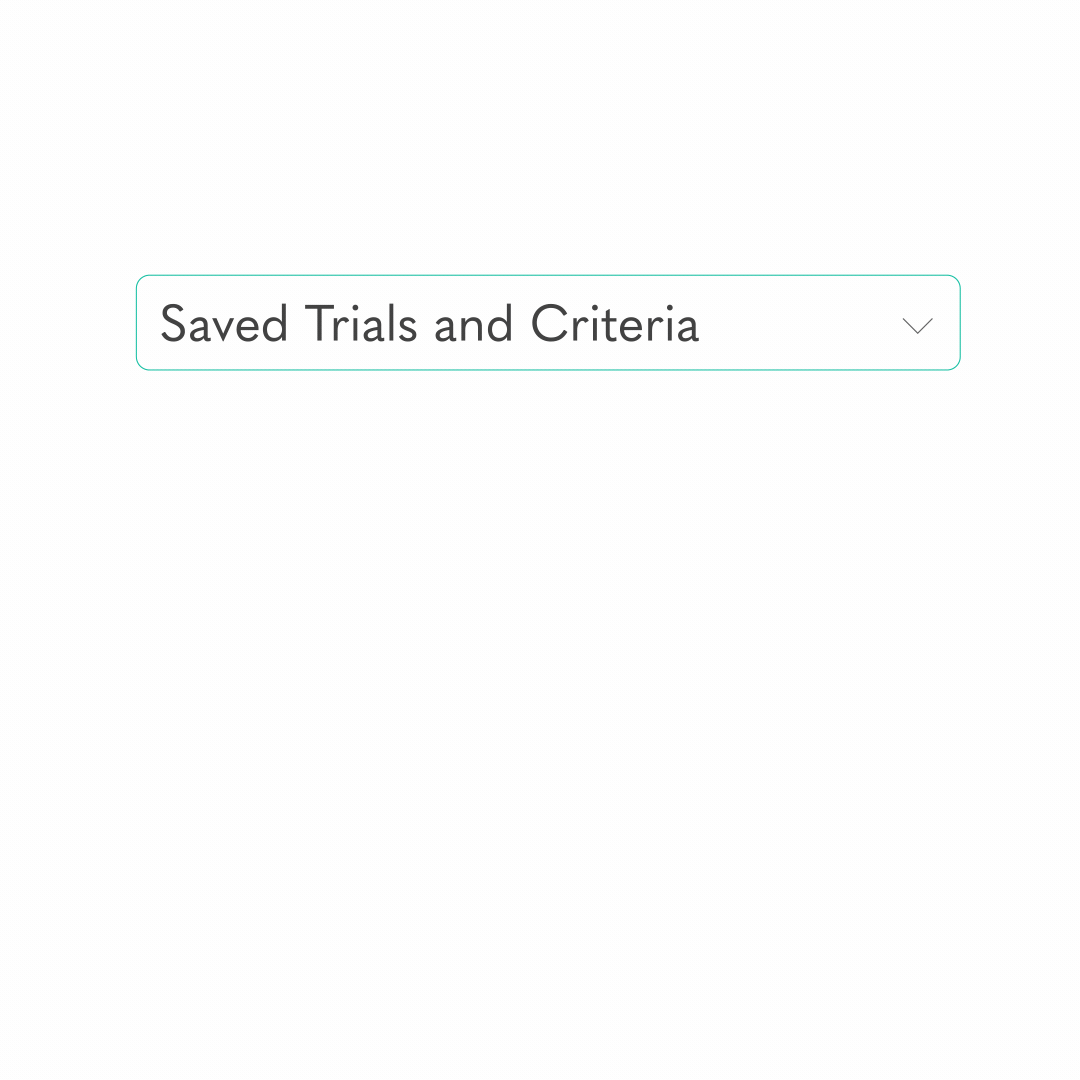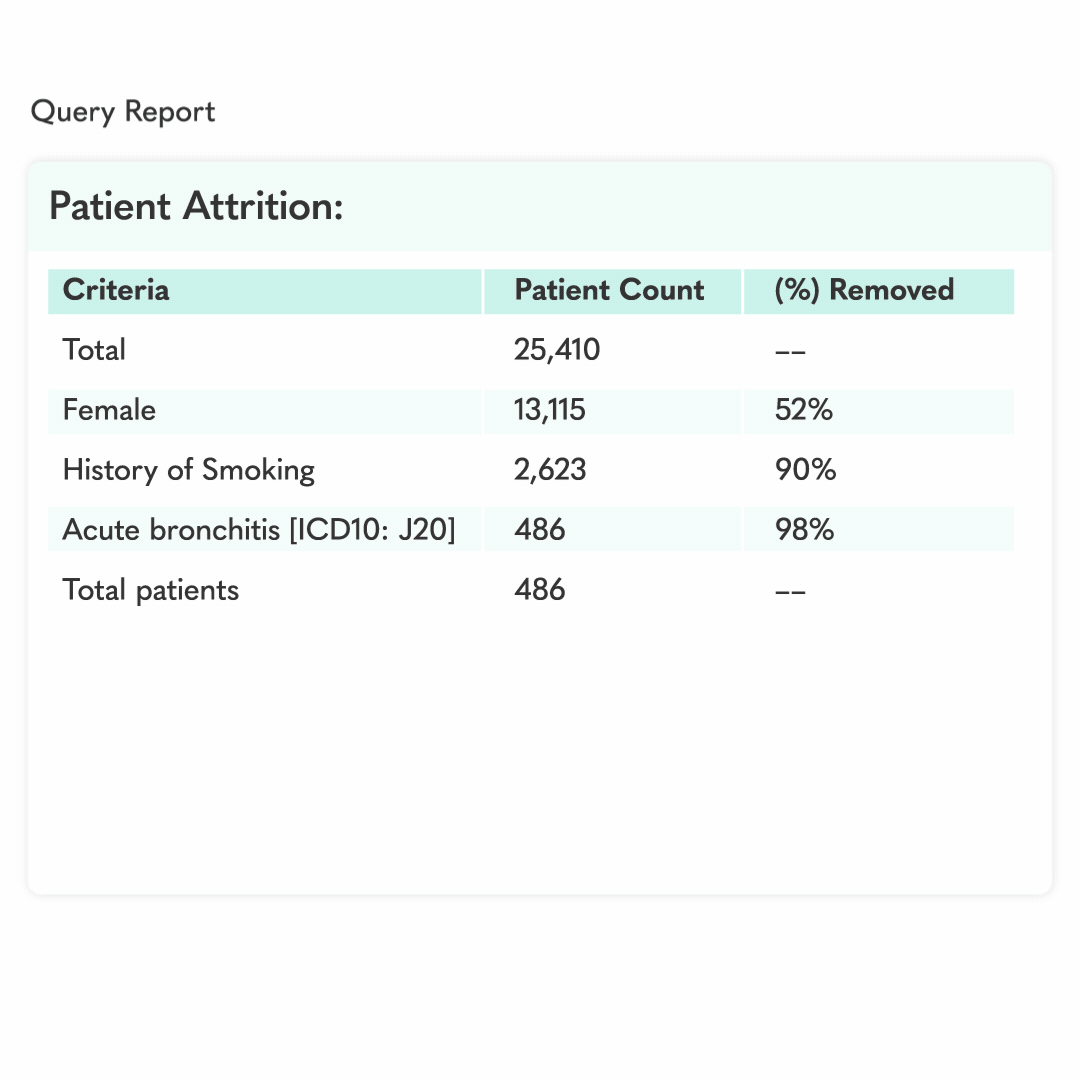The Transformative Role of AI and Real-World Data in Clinical Trial Recruitment
Traditional patient recruitment methods have long been the cornerstone of clinical trial operations, but these approaches are increasingly proving to be unsustainable in today’s rapidly evolving clinical research landscape. With nearly 80% of clinical trials failing to meet enrollment timelines and around 30% of trials being terminated due to recruitment challenges, it is evident that the status quo is no longer viable. The growing complexity of trial protocols, coupled with a rising demand for more diverse and representative participant populations, makes overcoming recruitment barriers a critical challenge for the success of clinical trials.
Emerging technologies—such as Artificial Intelligence (AI) and Real-World Data (RWD)—offer innovative solutions to these long-standing issues, enabling more efficient and accurate patient matching, improving recruitment outcomes, and ultimately accelerating trial timelines.
The Limitations of Traditional Recruitment Approaches
Clinical trial recruitment has historically relied on time-consuming, manual methods like chart reviews and blanket advertising campaigns. While these approaches were once standard practice, they are increasingly ineffective in today’s clinical trials. The problems associated with traditional recruitment strategies include:
-
Limited Reach and Diversity: Manual recruitment methods often miss eligible candidates, particularly those from underrepresented communities, resulting in a homogenous participant pool.
-
Delayed Timelines: The slow and labor-intensive process of reviewing medical records can significantly delay trial commencement, ultimately extending the overall timeline.
-
Escalating Costs: A Tufts CSDD study found that every day a clinical trial is delayed can cost sponsors between $600,000 and $8 million in lost revenue.
These challenges emphasize the need for a shift towards data-driven, scalable recruitment solutions.
Harnessing Real-World Data for Recruitment Efficiency
Real-World Data (RWD) refers to health-related data collected from outside traditional clinical trials, such as Electronic Medical Records (EMRs), insurance claims, and patient registries. When strategically utilized, RWD offers several key advantages for clinical trial recruitment:
-
Holistic Patient Insights: RWD provides a broader and more detailed picture of a patient’s health journey, revealing important information that may not be captured in controlled clinical trial settings.
-
Enhanced Inclusivity: By analyzing RWD, researchers can identify underrepresented populations and ensure more equitable participation across diverse demographic groups.
-
Trend Identification: The ability to analyze patient data trends enables the prediction of eligibility and treatment responses, ensuring more precise recruitment and better alignment with trial goals.
Incorporating RWD into recruitment strategies allows clinical teams to make more informed, inclusive, and targeted decisions, improving the efficiency of recruitment efforts.
The Power of AI and RWD Integration
AI and RWD are becoming indispensable in modern clinical trial recruitment. By integrating these technologies, clinical research teams can overcome traditional barriers, realizing several key benefits:
-
Improved Efficiency: AI algorithms can quickly sift through vast amounts of patient data, automating patient identification and significantly reducing recruitment timelines.
-
Enhanced Accuracy: AI-powered tools ensure high-precision matching by analyzing patient data against study inclusion and exclusion criteria, minimizing errors and misidentifications.
-
Cost Reduction: Automation and streamlining of recruitment processes reduce the operational costs associated with extended recruitment phases.
-
Greater Inclusivity: AI and RWD enable the identification of diverse, underrepresented patient groups, ensuring trials reflect the broad range of populations impacted by the disease being studied.
The integration of these technologies allows for smarter, faster recruitment, transforming patient matching and enabling more effective trial enrollment.
Smart Patient Matching and Streamlined Enrollment
Platforms like BEKplatform exemplify how the synergy between AI and RWD can enhance patient recruitment. By leveraging structured and unstructured EMR data, these platforms offer precise patient-matching capabilities with over 90% accuracy. AI-driven automation eliminates the burden of manual identification, accelerating the recruitment process.
Additionally, BEKhealth’s collaboration with Areti Health takes recruitment a step further by facilitating near-real-time patient engagement. Areti Health’s patient outreach team ensures that once candidates are identified, they receive timely and personalized communication, driving conversions from leads to enrolled participants. This is particularly valuable for engaging multilingual and underserved populations, further improving trial diversity and inclusivity.
The Future of Clinical Trial Recruitment: Predictive and Personalized
Looking ahead, the integration of AI and RWD in patient recruitment is poised to become even more sophisticated. Future developments in the field may include:
-
Predictive Analytics: Leveraging historical and real-time data to anticipate recruitment challenges and proactively address them, ensuring smoother trial execution.
-
Tailored Patient Engagement: Customizing communication strategies based on individual patient profiles, improving both enrollment and retention rates by fostering a more personalized experience.
-
Global Data Integration: By combining data from international sources, clinical trials will be able to facilitate multi-regional studies, enhancing the global impact of research and improving access to life-saving treatments.
Adopting these future-focused technologies will be critical for clinical research organizations looking to stay ahead in an increasingly competitive landscape.
Embracing AI and Real-World Data: The Future of Efficient, Inclusive Clinical Trials
The integration of AI and Real-World Data is revolutionizing patient recruitment in clinical trials. BEKplatform demonstrates how combining diverse data sources with advanced AI capabilities can streamline patient identification, increase recruitment efficiency, and reduce trial timelines. As clinical research continues to evolve, embracing these innovations will be essential for conducting trials that are faster, more inclusive, and ultimately more successful in delivering impactful outcomes. By reimagining recruitment through data-driven strategies, the clinical research industry can overcome its most pressing challenges and unlock the full potential of clinical trials.
Read More
How AI Can Help Solve the Top 3 Challenges in Modern Patient Recruitment
How AI Can Help Solve the Top 3 Challenges in Modern Patient Recruitment Recruiting patients for clinical trials has always been one of the hardest parts of clinical research. And despite advances in technology and outreach, recruitment challenges are only getting...
Making AI Work for You: Practical Tips for Integrating AI into Patient Recruitment
Making AI Work for You: Practical Tips for Integrating AI into Patient Recruitment AI is making waves in clinical research, streamlining everything from protocol design to patient recruitment. However, integrating AI into existing workflows can feel overwhelming....
Tackling Patient Recruitment Challenges with AI: TrialGPT vs. BEKplatform
Artificial intelligence (AI) is revolutionizing the landscape of clinical trials, particularly in the realms of patient recruitment and matching. Innovations like the National Institutes of Health's (NIH) TrialGPT and BEKhealth's AI-powered BEKplatform are at the...
AI and the Art of Patient Engagement: Building Stronger Connections in Clinical Trials
In the dynamic world of clinical trials, keeping patients engaged is no longer just about meeting protocol requirements—it’s about creating meaningful connections. As trials evolve to prioritize patient-centric research, engagement strategies must follow suit. Enter...



